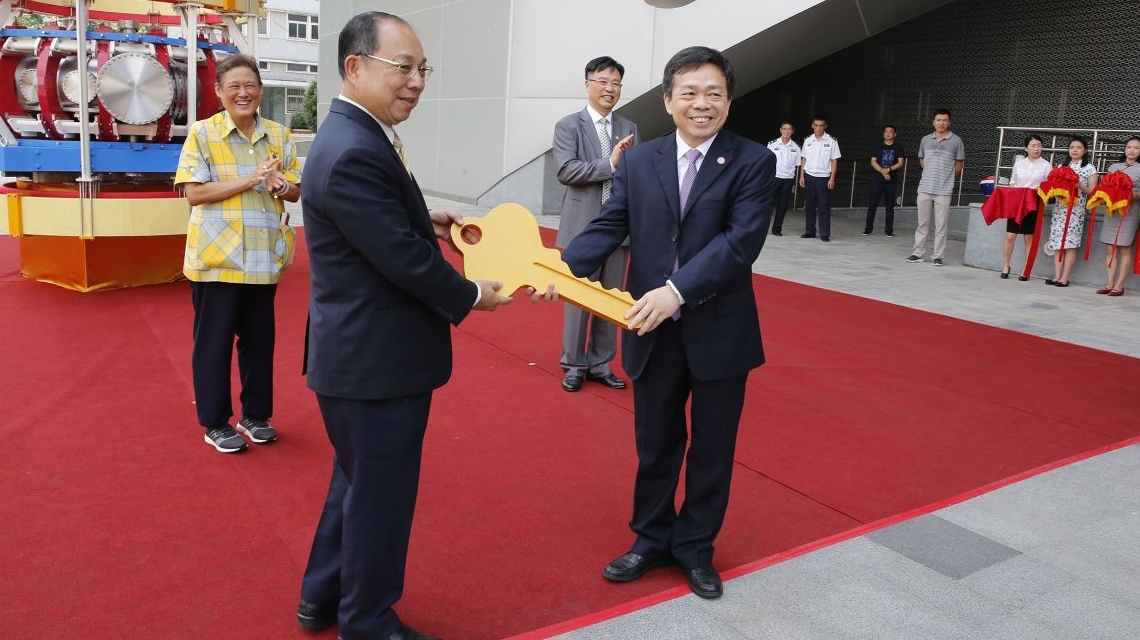“Shoot for the moon. Even if you miss, you’ll land among the stars,” author Norman Vincent Peale once said. When it comes to nuclear fusion, scientists are shooting for the stars, as they seek to discover whether it is possible to generate fusion electricity on an industrial scale here on earth.
Globally, experts from around 50 countries are involved in research in plasma physics and nuclear fusion technology development. Many of these countries are working to intensify their fusion research programmes in the face of a rapidly growing energy demand and accelerated climate change from the burning of fossil fuels.
To facilitate ongoing international efforts, the IAEA offers its Member States a range of research and capacity building activities — sometimes at the regional level — helping to bridge the gaps in fusion knowledge and experience between countries.
Over the past 50 years, the IAEA has supported fusion research and development worldwide by organizing a variety of fusion-related forums, including the biennial Fusion Energy Conference. The IAEA also organizes a series of workshops on demonstration fusion power plant concepts, a series of Technical Meetings on topics relevant to fusion science and technology, and coordinate research activities through which it brings together institutions and scientists to address key issues of common interest.
Through its publications on fusion, such as the Nuclear Fusion journal and other series, the IAEA disseminates knowledge and information and helps facilitate the spread of advanced knowledge in the scientific community. In addition to maintaining a fusion portal and a database of fusion devices, the IAEA has established numerical data libraries of fundamental molecular and nuclear data that are indispensable for fusion research and technology development. Collaborating with many partners, the IAEA also organizes and supports education and training activities on fusion, including international and regional schools and workshops.
New to the global fusion scene, Costa Rica receives IAEA support to bridge its gaps with other countries through technical development and capacity building. In 2019, a workshop organized by the Technology Institute of Costa Rica with IAEA support offered participants from Latin American countries an opportunity to take part in joint experiments and receive training in operating the two small fusion devices hosted at the institute.


